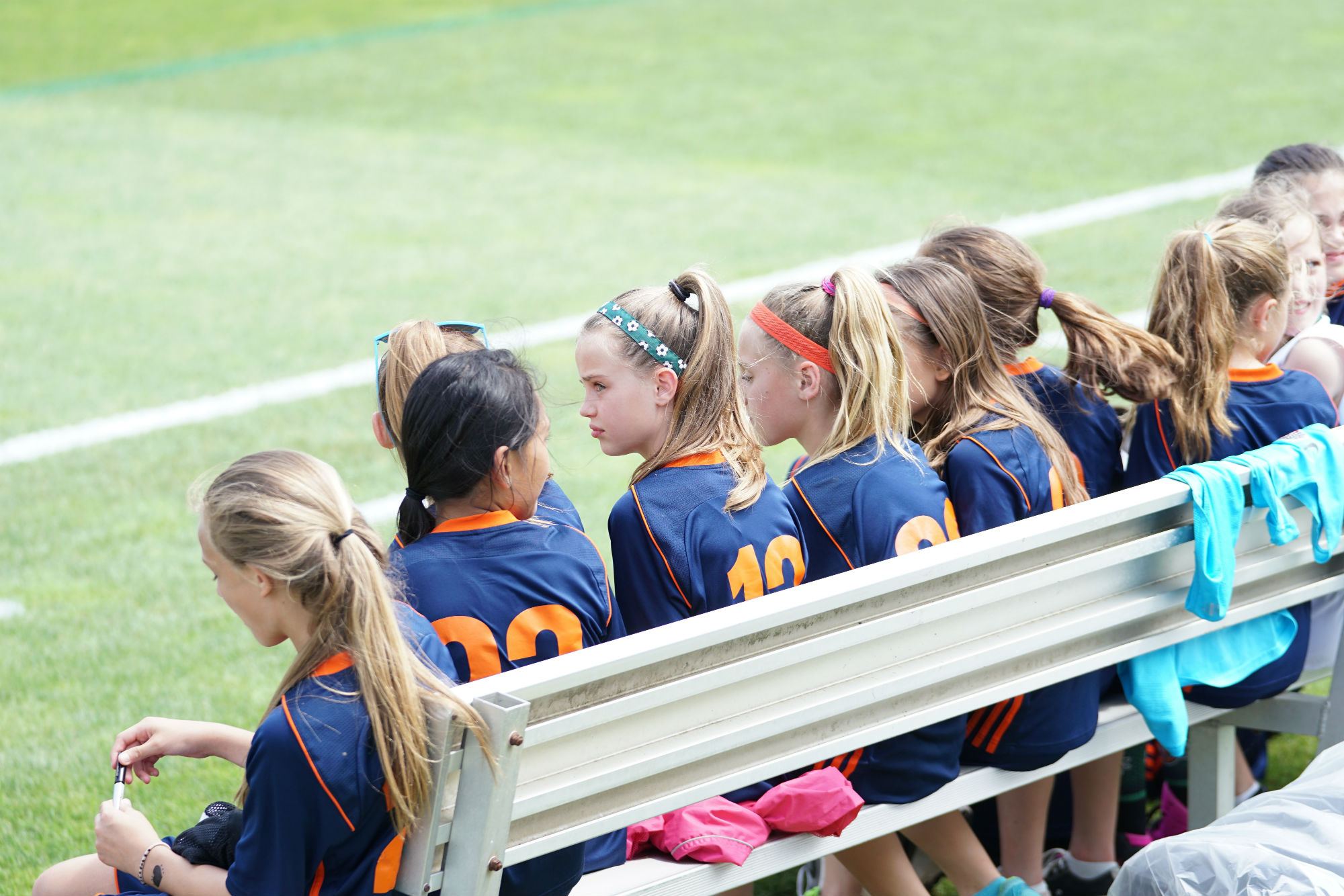Excited groups of kids sit cross-legged on the gymnasium floor, faces expectant as the coach gives their end of season speech. Hopeful dancers stand demurely on stage, nervously awaiting competition adjudication. Some will win, some will lose. At that moment, they await the onslaught of emotion. Will they feel happiness and pride or frustration and disappointment?
As parents, teachers and coaches, we worry about our kids’ feelings. We hug and commiserate when they are hurt and we joyously embrace their celebrations. But we also understand that happiness and sadness, winning and losing are part of life, and that learning to deal with these emotions is an important skill to develop.
So, what is the role of the increasingly-present participation trophy? The medal awarded just for being part of a team. The ribbon presented for performing a competition solo which is not good enough to place. Are they really necessary?
Everyone has different talents. In the words of a fellow mum and primary school teacher,
‘It’s important for kids to know that they can’t be the best at everything and to give the kids that shine the opportunity to do so.’
And children do know.
They are well aware who scored the most goals, who performed the best routine, who ran the fastest, and who got the highest mark. Even in junior football, where scores are not displayed, the players always know who won the game. Kids realise who deserves an accolade. Giving everyone a participation medal doesn’t change this. Children recognise when token gestures are made.
Out of curiosity, I ran a quick poll during my son’s basketball training. According to one 13-year-old,
‘No-one wants them, they are just a reason to get teased.’
Another rolled his eyes,
‘No-one ever posts a participation trophy on Instagram.’
Kids are, generally speaking, happy to see a fellow player rewarded for success, and don’t feel the need to receive an award just for being part of a team.
With the right mindset, experiencing so-called negative feelings of jealousy or disappointment can lead to positive consequences. Peter Caspersz, a basketball coach with 40 years’ experience says,
‘If you worry about protecting how the kids are feeling now and don’t allow them to have negative feelings, then they won’t be able to cope in the future.’
He believes that participation trophies reward mediocrity and is concerned that,
‘If they don’t experience failure and disappointment, they won’t strive for success. If kids don’t make mistakes, they won’t have the opportunity to learn.’
Disappointment can be a marvellous impetus to strive for success at the next opportunity.
There will be many children who rarely, or never, receive an award. In sport and dance, as in life, there are only a few who are regarded as the ‘best of the best’. For everyone else, receiving a participation medal is simply a token reminder that they played that season or entered that competition.
One parent I spoke to explained that he prefers to acknowledge his children’s involvement in their representative sports team by the annual professional team photo. He much prefers spending money each year on such a memento – which celebrates the team as a whole – than if his children are given a participation medal at the end of the season.
Belonging is the ultimate reward for our kids. Recognition that being part of a team, a school, a wider community where kids are supported, encouraged and taught to be resilient and self-sufficient is so much more important than receiving an award. The friendships made over shared passions, the memories of ‘that time when….’. These are the experiences that will stay with our kids, long after their participation award has been thrown in the bin.










0 Comments